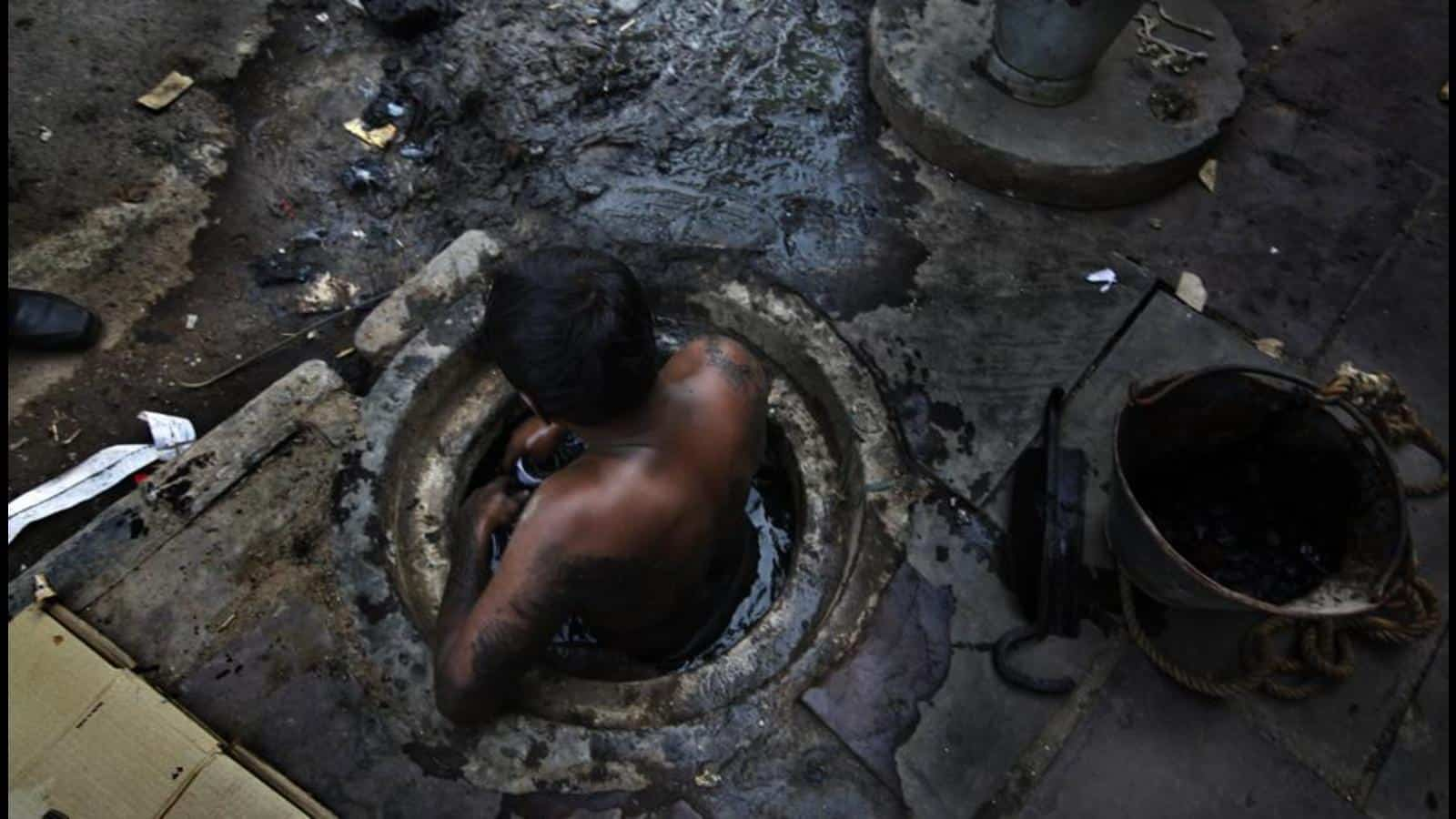Live Classes

Paper - 2 (Social Issues)
Deaths during manual cleaning of sewage are unacceptable.
All human lives are precious, but, in practice, some are seen as less precious than others. Despite the efforts of courts and governments, law and enforcement have been unable to keep a certain category of workers out of harm’s way: those who are engaged in sewage cleaning. While the job itself is dangerous, as several other human pursuits are, sewage cleaning involves working with human excreta, and cannot be seen without invoking the concept of dignity of labour. To allot the task of removing excreta and cleaning sewers to humans when machines are able to do the work is a gross violation of rights. It is in this context that Tamil Nadu’s recent move to notify the rules of the Prohibition of Employment as Manual Scavengers and their Rehabilitation Act, 2013, though belated, must be seen. While manual ‘scavenging’ is completely prohibited, the rules allow manual cleaning, in specific conditions where mechanical equipment cannot be deployed to fix the problem, or when it is absolutely necessary to have human intervention, after stating the valid reasons for allowing such a process to take place. But, more importantly, it specifies a long list of protective devices and gear that any person engaged to clean a sewer or a septic tank must be provided, including air line breathing apparatus, air line respirator, air purifier gas mask, a device for artificial respiration, mask and breathing apparatus. Besides this, chlorine masks, emergency medical oxygen resuscitator kit, gas monitor for gases, hydraulic devices, and first aid will have to be provided by the employer. The list is not limited to those devices mentioned. Regular maintenance of the equipment and devices has also been mandated by the rules. Naturally, all workers must be fitted out in the safety gear before they enter the sewer line.
The practice of manual cleaning of septic tanks and sewers has been, and will always be, as long as it exists, a serious concern in any country sworn to humane treatment of all citizens. While quibbling has dominated discussions about the actual number of deaths due to manual scavenging, government-acknowledged deaths from manual cleaning of sewers and septic tanks are shocking enough. A total of 971 people lost their lives while cleaning sewers or septic tanks since 1993, the year the law prohibiting employment of manual scavengers was enacted, according to the Social Justice and Empowerment Ministry. Tamil Nadu is among the top States in the list. Since the causes of deaths while cleaning sewers and septic tanks are predictable — noxious gases — not taking measures to prevent those deaths would be criminal. Proper implementation of the rules, and adequate monitoring are absolutely essential. Simultaneously, all efforts must be taken, within existing schemes, to provide compensation to the family members of those who have died, and to provide them a way out of the profession, if they so wish.
Download pdf to Read More